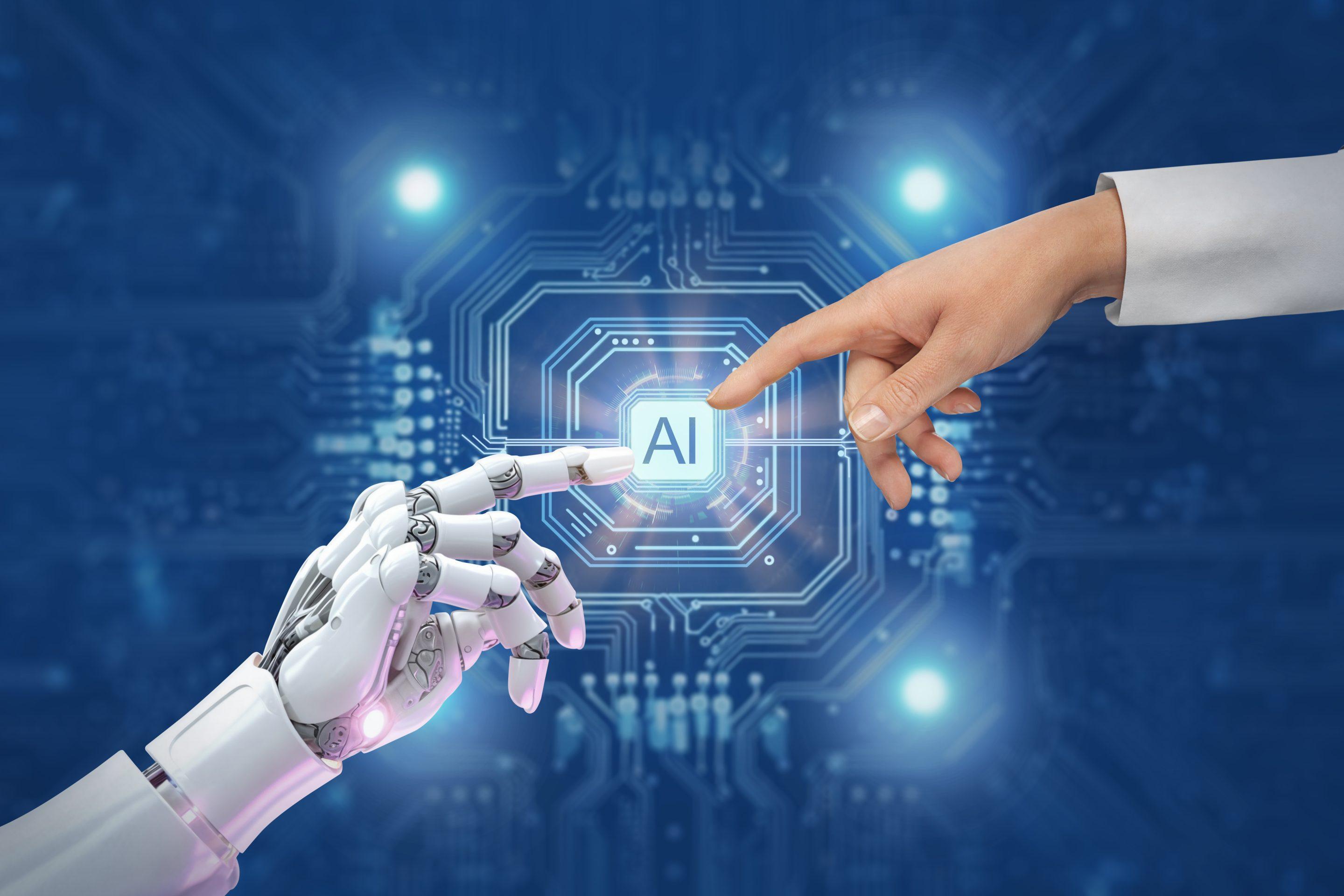*What is Artificial Intelligence?*
Artificial Intelligence (AI) refers to the development of computer systems that can perform tasks that typically require human intelligence, such as:
1. *Learning*: AI systems can learn from data and improve their performance over time.
2. *Problem-solving*: AI systems can analyze complex problems and provide solutions.
3. *Reasoning*: AI systems can draw conclusions based on data and rules.
4. *Perception*: AI systems can interpret and understand data from sensors, images, and other sources.
5. *Language understanding*: AI systems can understand, generate, and process human language.
Types of AI
1. *Narrow or Weak AI*: Designed to perform a specific task, like facial recognition, language translation, or playing chess.
2. *General or Strong AI*: Aims to match human intelligence, with the ability to learn, reason, and apply knowledge across various tasks.
3. *Superintelligence*: A hypothetical AI system that significantly surpasses human intelligence in all domains.
How AI Works
1. *Machine Learning*: AI systems learn from data and improve their performance over time using algorithms and statistical models.
2. *Deep Learning*: A subset of machine learning that uses neural networks to analyze complex data, such as images, speech, and text.
3. *Natural Language Processing (NLP)*: AI systems can understand, generate, and process human language using NLP techniques.
Applications of AI
1. *Virtual Assistants*: AI-powered assistants like Siri, Google Assistant, and Alexa can perform tasks, answer questions, and provide recommendations.
2. *Image Recognition*: AI-powered image recognition can be used in security, healthcare, marketing, and other fields to identify objects, people, and patterns.
3. *Predictive Maintenance*: AI-powered predictive maintenance can help prevent equipment failures, reduce downtime, and improve overall efficiency.
4. *Healthcare*: AI can be used in healthcare to diagnose diseases, develop personalized treatment plans, and improve patient outcomes.
5. *Finance*: AI can be used in finance to detect fraud, predict market trends, and optimize investment portfolios.
Impact of AI
1. *Increased Efficiency*: AI can automate repetitive tasks, improve productivity, and reduce costs.
2. *Improved Decision-Making*: AI can analyze large amounts of data, provide insights, and inform decision-making.
3. *Enhanced Customer Experience*: AI-powered chatbots, virtual assistants, and personalized recommendations can improve customer satisfaction and loyalty.
4. *Job Displacement*: AI has the potential to automate jobs, which can lead to job displacement and economic disruption.
Future of AI
1. *Advancements in Machine Learning*: Continued improvements in AI's ability to learn and adapt will lead to more sophisticated applications.
2. *Increased Adoption*: AI will become more widespread in various industries, including healthcare, finance, education, and transportation.
3. *Ethical Considerations*: Addressing concerns around bias, privacy, job displacement, and accountability will be crucial as AI becomes more pervasive.
4. *Human-AI Collaboration*: The future of work will involve humans working alongside AI systems, requiring new skills and ways of working.

